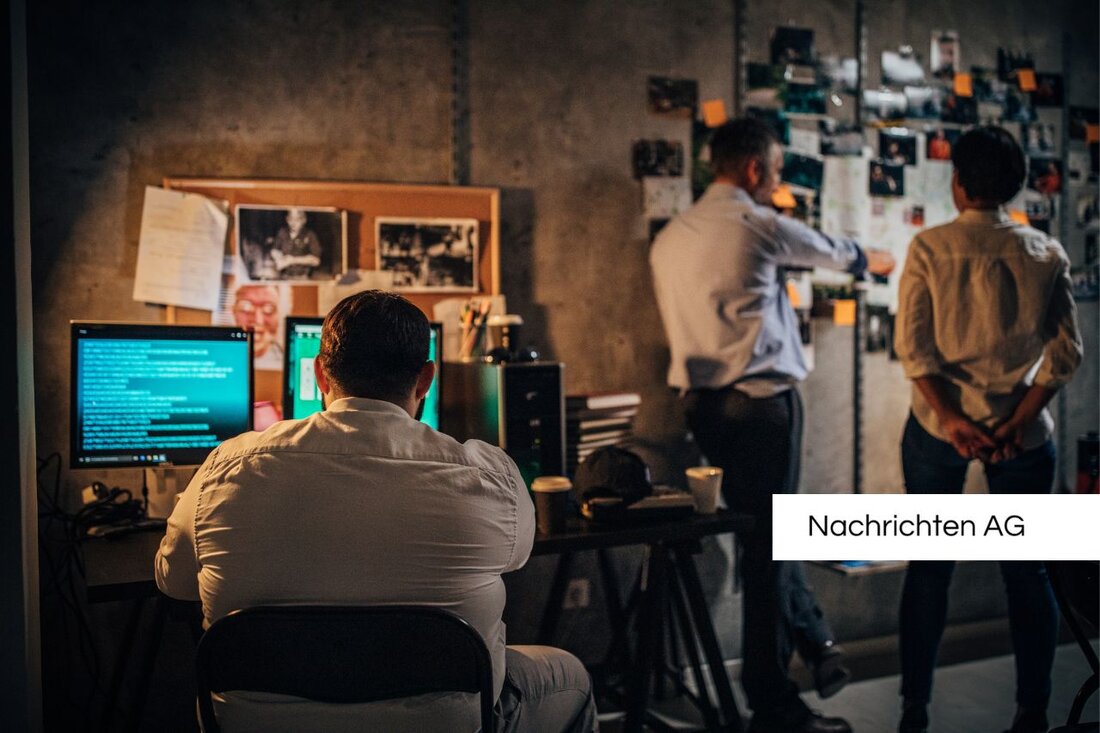Munich limits journalist information: client secret wins!

Munich limits journalist information: client secret wins!
In Munich, a current decision by the Administrative Court (VG) ensures conversation among journalists and legal experts. The decision, which was issued on June 18, 2025, states that journalists are not entitled to the names of defenders in ongoing investigation. In a request for killing, a journalist was interested in the identity of the defense lawyer of a suspect, but the public prosecutor refused to provide information with reference to client secret in accordance with the Federal Lawyers' Ordinance (BRAO). The VG Munich made it clear that legal confidentiality in the interests of the rule of law is essential and that journalists have to wait until the main hearing in order to obtain information because the investigation is not public. This reported LTO.
The court justified its decision and pointed out that the protection of the client secret is important not only for the lawyer, but also for the clients concerned. By transferring such information to the press, not only would the relationship between the lawyer and the client endanger, but also undermine the basic principles of criminal defense.
A look at the legal situation
This decision is in contrast to a prior decision by the Hamburg Higher Administrative Court, which had affirmed a claim for information from the press. Interesting here is the control position in Germany: According to Article 5 paragraph 1 sentence 2 of the Basic Law (GG), journalists have the right to access information, which is considered an elementary component of freedom of expression and press. However, the right to information in German law is divided into different categories that also take into account aspects of personal rights and confidentiality. The protection of personal data is dependent on the sphere concerned, be it the intimate, private or social sphere, as the Bavarian Administrative Court found in another judgment Bavarian law advice.
It is important for journalists to be aware of the legal framework for their claim to information. The applicant must act as a journalist or media company and have a legitimate interest in the information that usually must be provided by public authorities. Private companies do not fall under this right to information; Other legal instruments are required here. An example of this would be the request to the competent authority to publish relevant information in investigations regarding corruption allegations, as law firm Herfurtner explained.
press freedom versus information protection
The weighing up between press freedom and the protection of personal rights is a central challenge. The case described illustrates the narrow line that journalists have to take during their research. After all, information about ongoing investigations is often not open to the public, which makes the task of reporting difficult. The need to respect the legal framework in such situations means that journalists often have to wait for the procedures to be completed before they receive comprehensive information.
Overall, the current decision of the VG Munich is an important signal for the legal limits of press work in Germany. Journalists continue to face a complex legal environment in which it applies to consider the interests of the public in information and the rights of the persons concerned.
| Details | |
|---|---|
| Ort | München, Deutschland |
| Quellen | |
